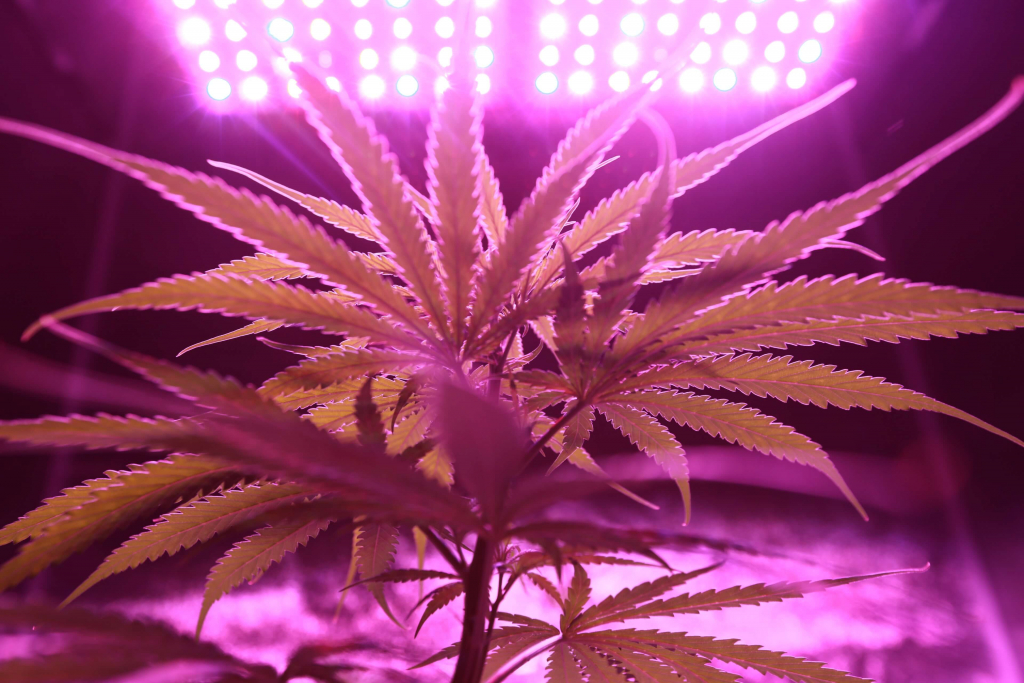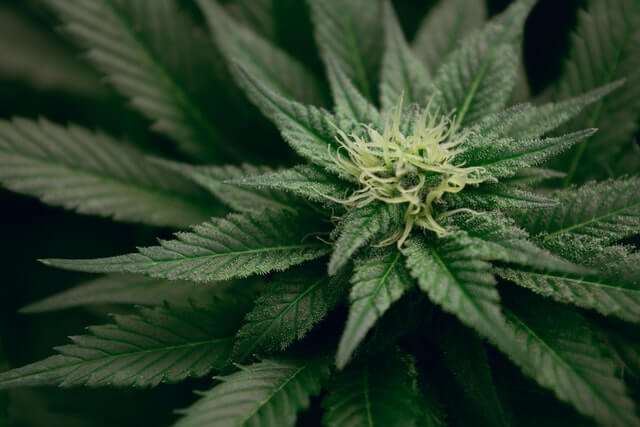In October of 2018, Cannabis became legal in all the provinces for adults aged eighteen and over. During the time, Canada was the second country to legalize its recreational use. They came up with The Cannabis Act to regulate and restrict the use of marijuana because they wanted to protect the youth and public health.
As an agent, you have to know the different legislations or policies surrounding the Act. It will help you educate your clients and landlords about their limits. Adults can possess up to 30 grams of legally-produced marijuana and are allowed to grow up to four plants per household. Aside from that, the government will control the production, distribution, and sale. Provinces can also increase the age limit of cannabis users.

Some property owners and landlords may allow their tenants to grow cannabis plants, provided they follow the four-plant limit. We must remember that the count is per household and not per adult. Landlords may also allow smoking and vaping of marijuana inside the rental. However, the lease agreement should have a separate clause for these policies.
The Cannabis Regulation Act encompasses several items, but we will not discuss all of them. Section 107 holds the all-important information for landlords and leasing agents if they wish to prohibit smoking cannabis inside their properties. The Residential Tenancies Act had an additional provision that if the agreement started before June 1, 2018, which restricts tobacco smoking, the same rule must apply to cannabis smoking.
Under Section 107, landlords should have sent notices to their tenants by June 15, 2018. It should have stated the changes made to the lease agreement with the no-smoking clause. Upon receiving the notification, the tenants should have had 30 days to decline the modifications, but only if it is for medical reasons.

If with medical reasons
Some people may want to use medical marijuana as an alternative to other drugs which may have side effects. Doctors may also want to use it to replace highly addictive medicines used to treat chronic pain. Cannabis can also treat low appetite and chemotherapy-induced nausea in cancer patients.
If the tenant has medical indications for smoking cannabis, the landlord can acquire a ruling and apply to the Regie du Logement within 30 days. The renter should present sufficient reasons to justify the refusal. One of the documents the tenant can provide is a medical prescription from a doctor.
The court of law will assess all pieces of evidence filed by the landlord and tenant to come up with a decision. They would need to consider all the factors and circumstances surrounding the case. For instance, although the tenant will necessitate medical marijuana, there are other building renters to consider. They may also have health problems that may aggravate due to smoking, such as severe allergies and pulmonary diseases.
If the landlord wants to maintain a smoke-free environment but at the same time does not want to lose tenants, he can assign a space or area for them to smoke. They can compromise, but they have to make sure the lease agreement includes this.

But for landlords, who are against smoking on the property entirely should send out announcements to the concerned renters and remind them of the policies. Anyone caught repeatedly violating the rules may have to face eviction. The property owner must give the tenants at least ten days written notice to terminate the lease.
If a tenant does get evicted, you would have to step in and fill in the vacancy. But if you’re using Padleads, a helpful platform to post your property listings, you won’t have much of a problem. You can even syndicate those listings all over the internet. There are plenty of other tenants out there. You only have to know where to look.